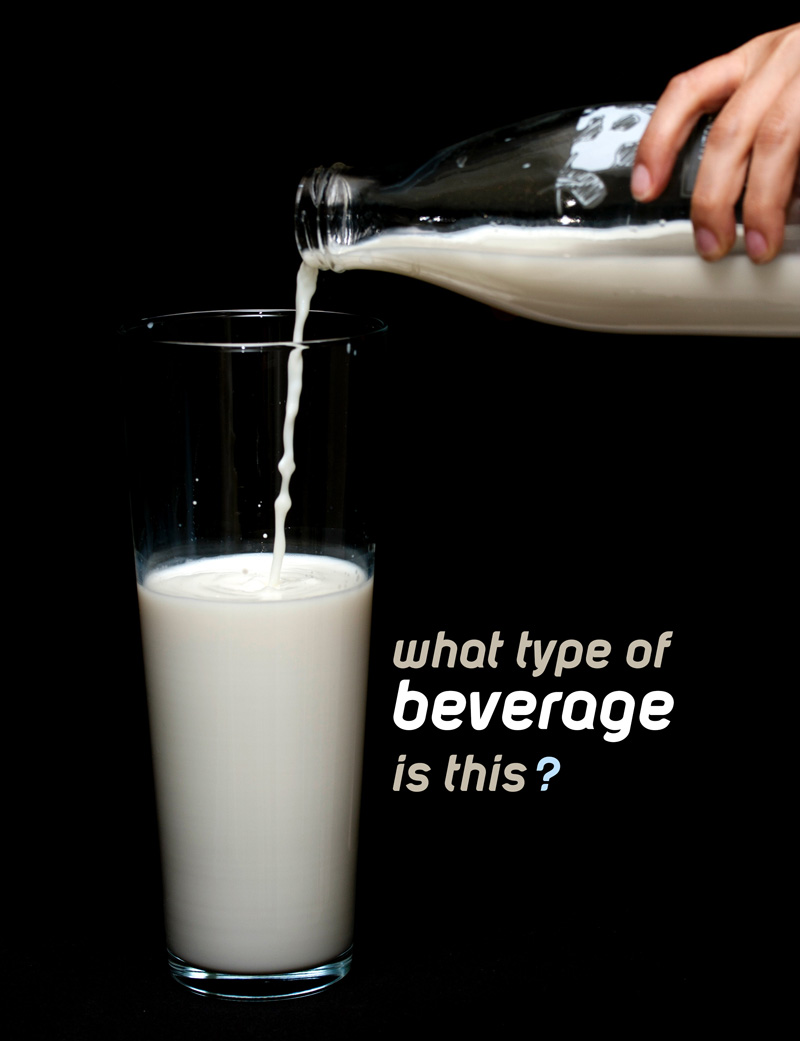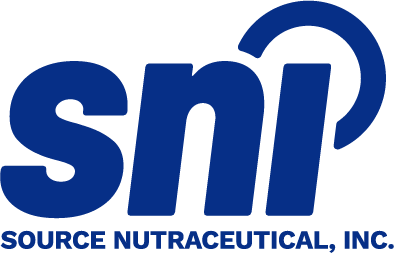We’re grateful and proud to feature a new guest blog post by our friend and helpful collaborator Carol T Culhane, PHEc, MBA; President of International Food Focus Limited.
Carol has more than forty years of multidisciplinary experience in the food industry, including regulatory, operations, sales and marketing. In this issue of our Guest Post: Carol’s article explores the history, perspectives and important questions that the regulatory sector faces surrounding the naming and positioning of plant-based beverages in North America.
Is soymilk a milk or is it not?
This question is at the center of a decades-long simmering debate in the USA, which recently escalated to full boil with the announcement by FDA Commissioner Scott Gottlieb that he had instructed the FDA to conduct a public consultation on the matter. The stakes are high. The US $33.3B bovine fluid milk market has experienced an annual decrease of approximately 1.2% for the past several years, while the US$2B plant-based beverage market is poised to reach US$3B in year 2022. Accordingly, some plant-based stakeholders view this latest action as an attempt to thwart the growth of the plant-based sector.
The imperfect relationship between an item and its name has been the domain of authors, poets and philosophers alike. It also poses a perpetual challenge to practitioners in the food labelling space.
“A rose is a rose is a rose” is the famous phrase written by the American author Gertrude Stein in 1913.
Stein later explained “… the sentence expresses the fact that simply using the name of a thing already invokes the imagery and emotions associated with it”.

This sentiment crystallizes the position of the USA’s National Federation of Milk Producers (NFMP). The NFMP maintains that the use of the word “milk” in a food’s product name misleads consumers to expect, and perhaps believe, that the food has a nutrient profile similar or equal to that of milk. In December 2016, the NFMP persuaded 32 members of Congress to direct the FDA to order manufacturers of plant-based foods and beverages to use names other than cheese, yoghurt and milk to characterize their products. The FDA appears to have a sympathetic ear. The Agency has executed the public consultation under its new nutrition innovation strategy. Accordingly, the consultation document states that consumers do expect a product with the term “milk” to have equivalent or similar nutrient qualities of milk. In his address, Gottlieb cites instances where children who have been fed non-fortified plant-based beverages as a milk alternative have suffered nutrient-deficiency related conditions.

“A rose by any other name would smell as sweet” is the pen of Shakespeare in Romeo and Juliet.
The phrase means that the names of things cannot effect what they actually are – even if we were to call a rose by an entirely different name, it would still smell like a rose.
This perspective would align with that of the manufacturers of plant-based foods and beverages, who maintain that the use of a term such as “soymilk” does not result in consumers expecting the product to contain bovine milk or be nutritionally equate to milk; and, it would remain a soy-based beverage. This viewpoint has been consistently upheld in a number of US State-level court challenges (2013, 2015 and earlier), one in which a presiding judge ruled as “incredulous” the idea that consumers were confused as to what they were buying, clearly stating “By using the term ‘almond milk,’ even the least sophisticated consumer would know instantly the type of product they are purchasing.”
The US State-level courts have steadily concluded that modifying the term “milk” with the source of the protein, and adding descriptive copy such as “non-dairy” and “plant-based” would reduce the likelihood of consumer confusion. To that end, a survey of 1,000 American adults conducted this month by the reputable International Food Information Council revealed that 73%, 74%, 75% and 70% of respondents did not believe that soymilk, almondmilk, coconutmilk and cashewmilk, respectively, contained cow’s milk.
Likewise, 16%, 18%, 20% and 20%, respectively were unsure, and 9%, 8%, 7% and 8%, respectively, believed that the products did contain cow’s milk. Lastly, plant-based stakeholders point out that the NFMP does not object to mammal-based qualifiers which result in product names such as “goat milk” or “alpaca milk”.
Why then, they ask, does the NFMP object to product names such as “soy milk”?
The FDA’s recent action does appear to be politically motivated and points to inadequate enforcement of US legislation. 21 CFR §131.110(a) provides a Standard of Identity for milk “Milk is the lacteal secretion, practically free from colostrum, obtained by the complete milking of one or more healthy cows.” Sub-section (e) clarifies, succinctly “(e) Nomenclature.The name of the food is “milk”. The name of the food shall be accompanied on the label by a declaration indicating the presence of any characterizing flavoring, as specified in 101.22 of this chapter.” Thus, the only acceptable legislated terms for modifying the term “milk” are flavour-related.
In addition, the single word “milk” is the legislated term to identify the presence of a bovine-based food allergen in a processed food. Nevertheless, appeals from the NFMP and other dairy sector stakeholders to the FDA for enforcement of this bovine-specific legislation had been previously met with what many describe as “radio silence”. Equally, in Canada, a Standard of Identity for bovine milk is entrenched in legislation. FDR B.08.003 [S] specifies “Milk shall be the normal lacteal secretion obtained from the mammary gland of the cow, genus Bos”. In addition, like the USA, the single word “milk” indicates the presence of a bovine-based allergen in a processed food.

Yet, in Canada, the CFIA strictly prohibits the product name of a plant-based beverage to use the term “milk”, except for the use of “soymilk” as an alternate name for tofu. Acceptable terms for the liquid product are “beverage” or “drink” preceded by the name of the protein source, i.e. “almond beverage”. This has led at least one plant-based beverage manufacturer to report that the term “beverage” confuses consumers, as it inadequately characterizes the nutrient content and intended use of the product. Purportedly, this terminology gives rise to questions such as “what type of beverage is this?” Further, for a fully-fortified plant-based beverage, “why is it not called milk if it has the same nutritional value of milk?”. These are important questions.
The FDA’s guidance document on food labelling states that a product’s Statement of Identity be that established by law or regulation, or, the common or usual name of the food, and failing the existence of these, an appropriate descriptive name that is not misleading. The first reference to the commercialization of a plant-based beverage in the USA was under a US patent registered in 1911 with the term “soja milk”. Accordingly, the US plant-based beverage sector has operated for more than 100 years. Terminology and nomenclature – the vernacular, the colloquial terms, the “common or usual names” – have settled into use.
Some plant-milk names have survived court challenge. On the other hand, non-discerning consumers, especially the parents of children in families who pursue plant-based diets, have need of food labelling legislation, and or consumer education, to ensure that should the nutritional benefits of mammal-based milks be either desired or required, that it is clear that these qualities do not exist in non-fortified plant-based foods. This will prove to be a very dynamic and significant FDA public consultation.




